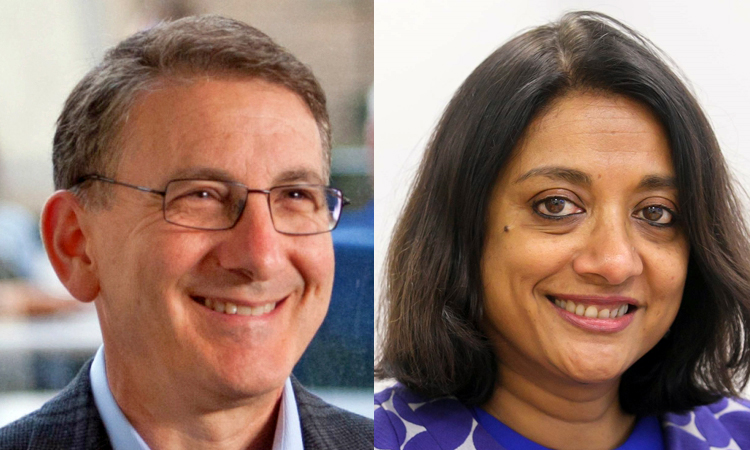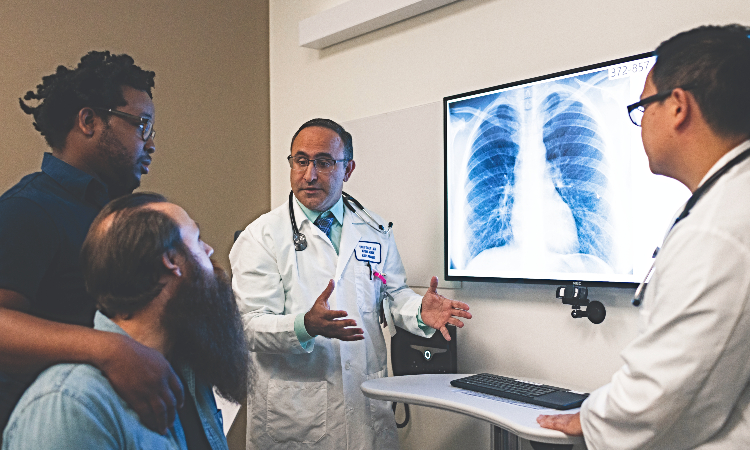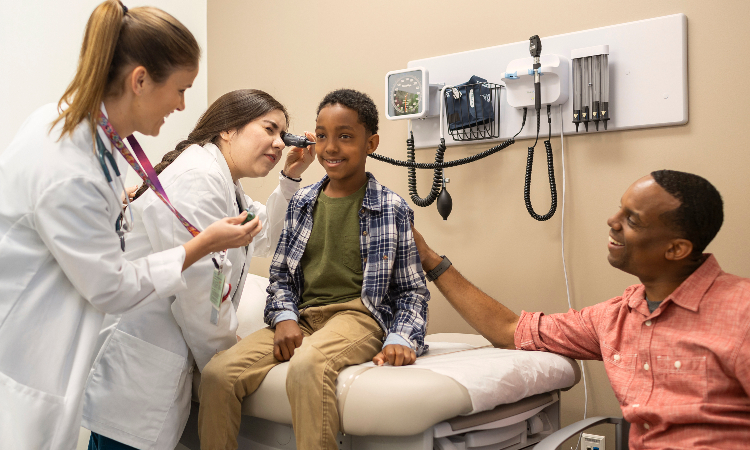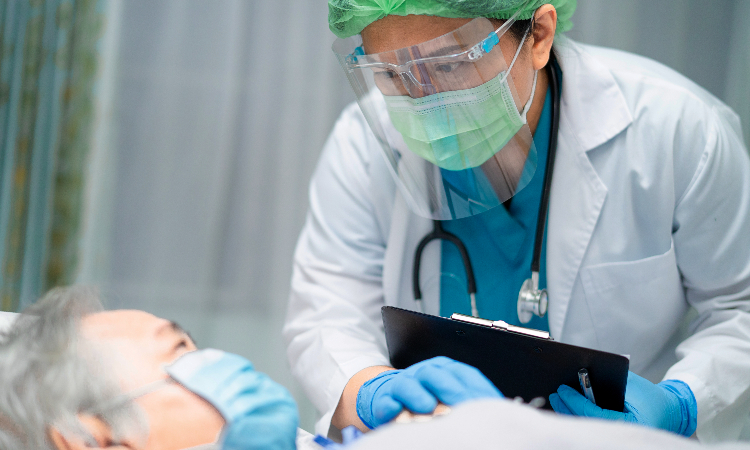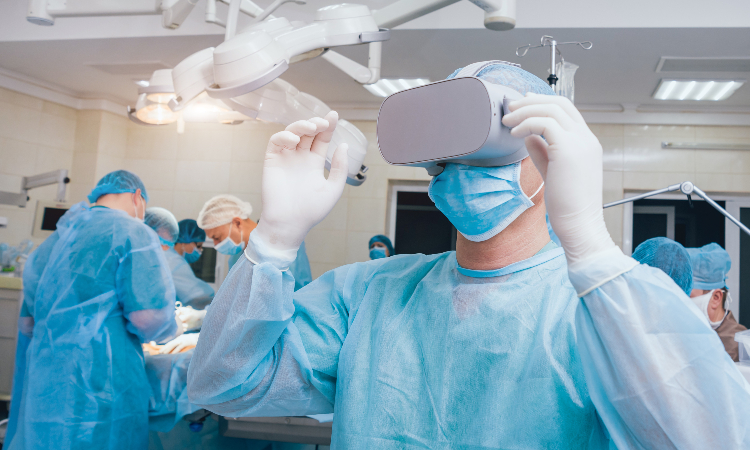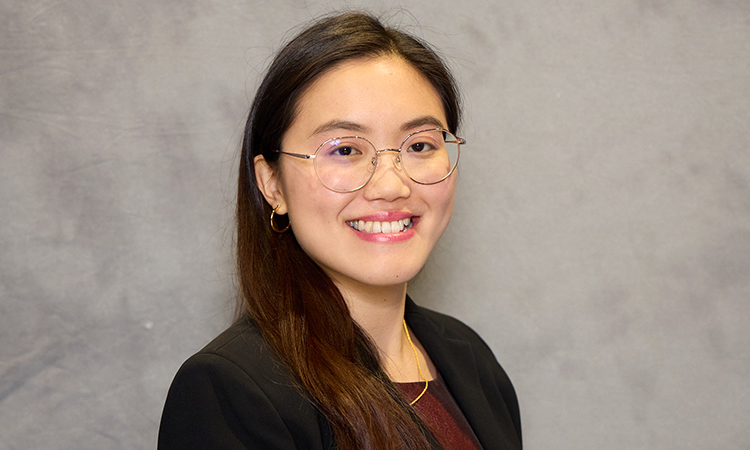Physicians of the future will need to navigate a fast-evolving healthcare world. Technology is altering the way medicine is practiced, the ways in which physicians and patients interact, and the ways in which people manage their health. Data is changing how doctors understand population health. An emphasis on disease prevention through improvements to environmental and lifestyle factors continues to increase.
KPSOM Founding Dean and CEO Mark Schuster, MD, discussed these challenges with Navina Evans, MBBS, Chief Executive of the Health Education England (a division of the UK’s National Health Service, responsible for training the national healthcare workforce), during a December 9 virtual conference, titled “Clinicians in 2030,” hosted by the peer-reviewed journal NEJM Catalyst Innovations in Care Delivery. What follows are five important areas that Schuster and Evans stressed for preparing tomorrow’s doctors to adapt to the fast-evolving healthcare landscape.
